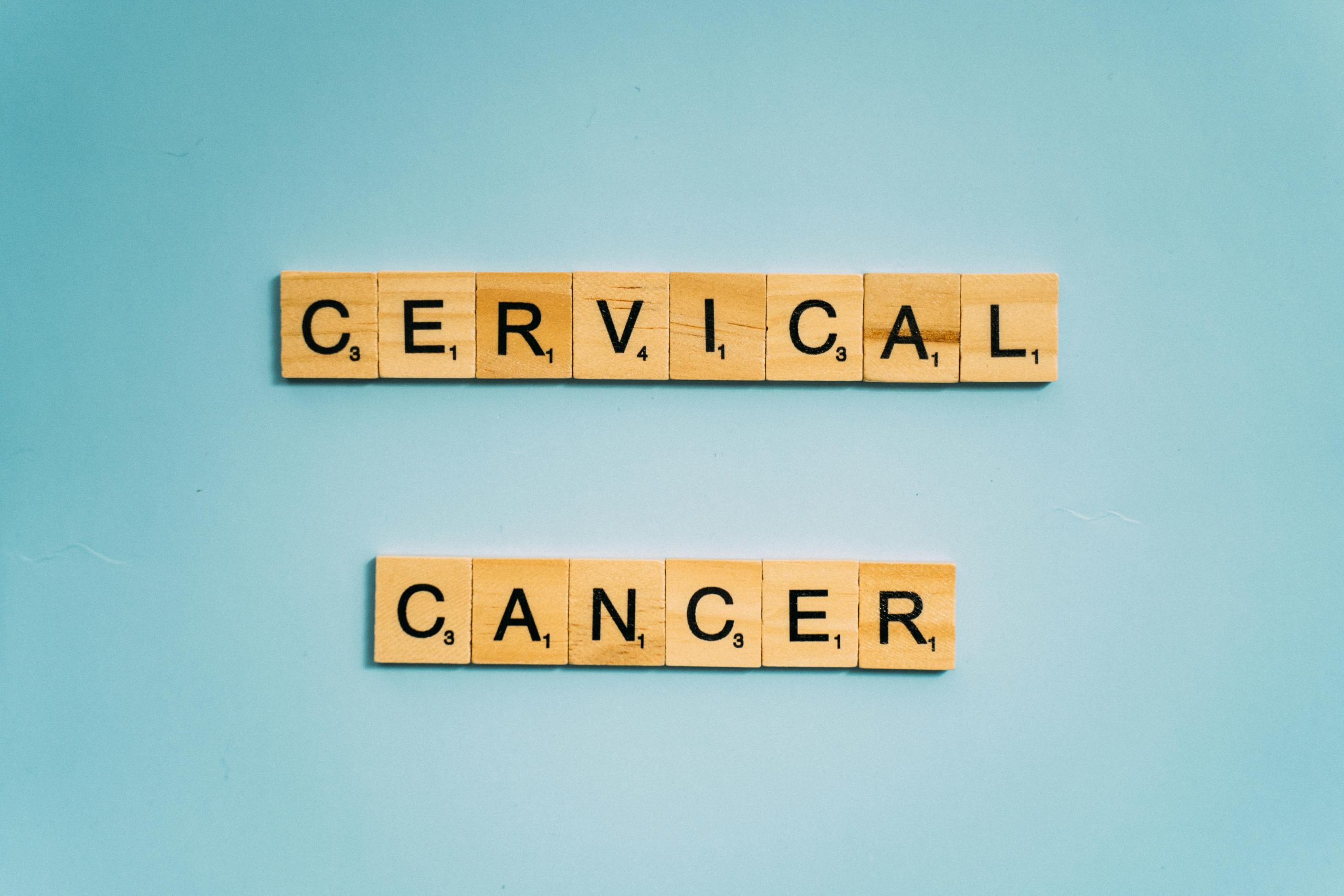Cervical Cancer Prevention week starts on January 22. With 3,200 women diagnosed with cervical cancer every year and approximately 800 dying from it, the week serves as a timely reminder for employers of the importance of providing proper support for employees impacted by this and all types of cancer.
Whether employees are directly or indirectly affected by cervical cancer, reasonable adjustments will need to be made in the workplace.
Kayleigh Frost, Head of Clinical Services at Health Assured says, Being diagnosed with cancer is traumatic and upsetting for everyone involved, and the best comfort an employer can offer during this time is a caring hand.
Statistics show that 1 in 2 of us will be diagnosed with some form of cancer in our lifetime, so it’s likely that everyone you come across has been impacted in some way.
Struggles can present themselves in a variety of ways; grief, anxiety, guilt, anger, and embarrassment are just some of the emotions people may experience if they or someone they love is diagnosed with cervical cancer.
We all respond to life events differently, so personalised advice, guidance and support is always needed rather than a blanket, one-size-fits-all approach. Having an EAP in place is a great way to ensure your employees can access whatever support is appropriate for them at any time.
It’s all too easy to bottle things up when you’re struggling, but that does no good. As the saying goes a problem shared is a problem halved. Offering free counselling support to employees has been proven beneficial, and many EAPs offer 24-hour access to counselling services.
Use of an EAP service has been proven to reduce depression by 53%, reduce anxiety by 56% and increase the number of people who return to work after an extended period by 44%.
But it’s one thing to provide an EAP service, as a manager it’s up to you to ensure that this support is fully communicated to employees and a culture of support is embedded throughout the business. Employers have a duty of care for employees’ wellbeing, so this is very important.
The moral to the story is always to be mindful of other people’s needs and ensure that everyone is safe and sound in their professional environment.









